This course will examine the phenomena of religious experience as it develops as a central theme in American thought. From foundational work of the eighteenth century Calvinist thinker Jonathan Edwards, through the watershed study by William James at the turn of the twentieth century and Josiah Royce’s important (but forgotten) response to James, through the emergence of “civil religion” under John Dewey, the development of process thought and theology under the influence of Alfred North Whitehead and Henry Nelson Wieman, and continuing into contemporary philosophical discussions by figures such as Richard Rorty and Cornel West. The primary question the course will seek to explore will not only be the nature of religious experience, but of all types of human experience since experience itself has become a “root metaphor” in American thought and theology.
As the students investigate the central theme of the course, they will also be exposed to many other ideas, debates, conceptual categories and forms of critical discourse that have come to shape and pervade the dominant ethos of American cultural life in this century.
